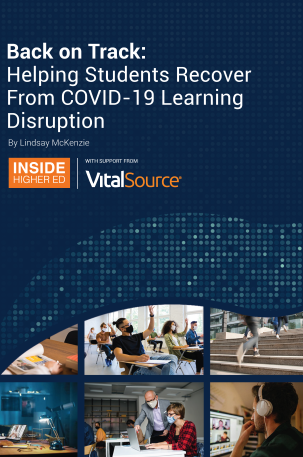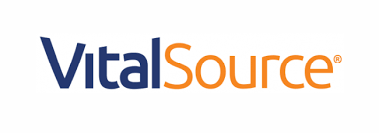Members only report
This report is available to Insider Members. Become a member to get unlimited access to all of our special reports.

Campus closures and the rapid shift to remote instruction in early 2020 due to COVID-19, followed by two more semesters that were anything but normal, caused months of disruption for college students. But whether (and how much) that disturbance seriously impeded students’ academic progress or cognitive growth, and how it may be affecting students and colleges now, remains unclear. Attempts to quantify learning disruption in terms of “learning loss” or “COVID slide” have proven divisive among educators, with critics describing these terms as negative, unhelpful and vague. This report provides early reflections on what seems to be working, what isn’t and a discussion of practices that would be helpful to keep moving forward.
Topics Include
- Impact of the Pandemic on Student Learning
- Reimagining Placement
- Rethinking Grading and Assessment
- Changing Instructional Practices
Table of Contents
Preface
COVID’s Impact
What About Learning?
Quantifying the Impact of Learning Disruption
Reimagining Placement
Rethinking Grading and Assessment
Changing Instructional Practices
Case Study: Summer Programming at Georgia State
Case Study: Hybrid Instruction at Lake Washington Institute of Technology
Case Study: Measuring Learning at UC Irvine
Case Study: Expanding Access to Course Materials at the University of California, Davis
Key Takeaways
About the Author
About Inside Higher Ed
Number of Pages: 33 (5.7 MB PDF)
Date Released: Nov. 15, 2021
About the Author:
Lindsay McKenzie is a freelance writer in Washington, D.C. From 2017 to 2021, she was the technology reporter at Inside Higher Ed. In that capacity, she wrote extensively about a wide range of topics related to the role of technology in higher education, for students, employees and institutions. Lindsay is a national expert on academic publishing, the role of online higher education and digital accessibility and data security. Originally from England, Lindsay moved to Washington, D.C., in December 2016. Before joining Inside Higher Ed, Lindsay reported on British and European science policy for Research Fortnight in London. Her work has also appeared in Science, Nature and The Chronicle of Higher Education.
This report was made possible in part by the financial support of VitalSource.
Support: Please email store@insidehighered.com with questions regarding the report or your download.